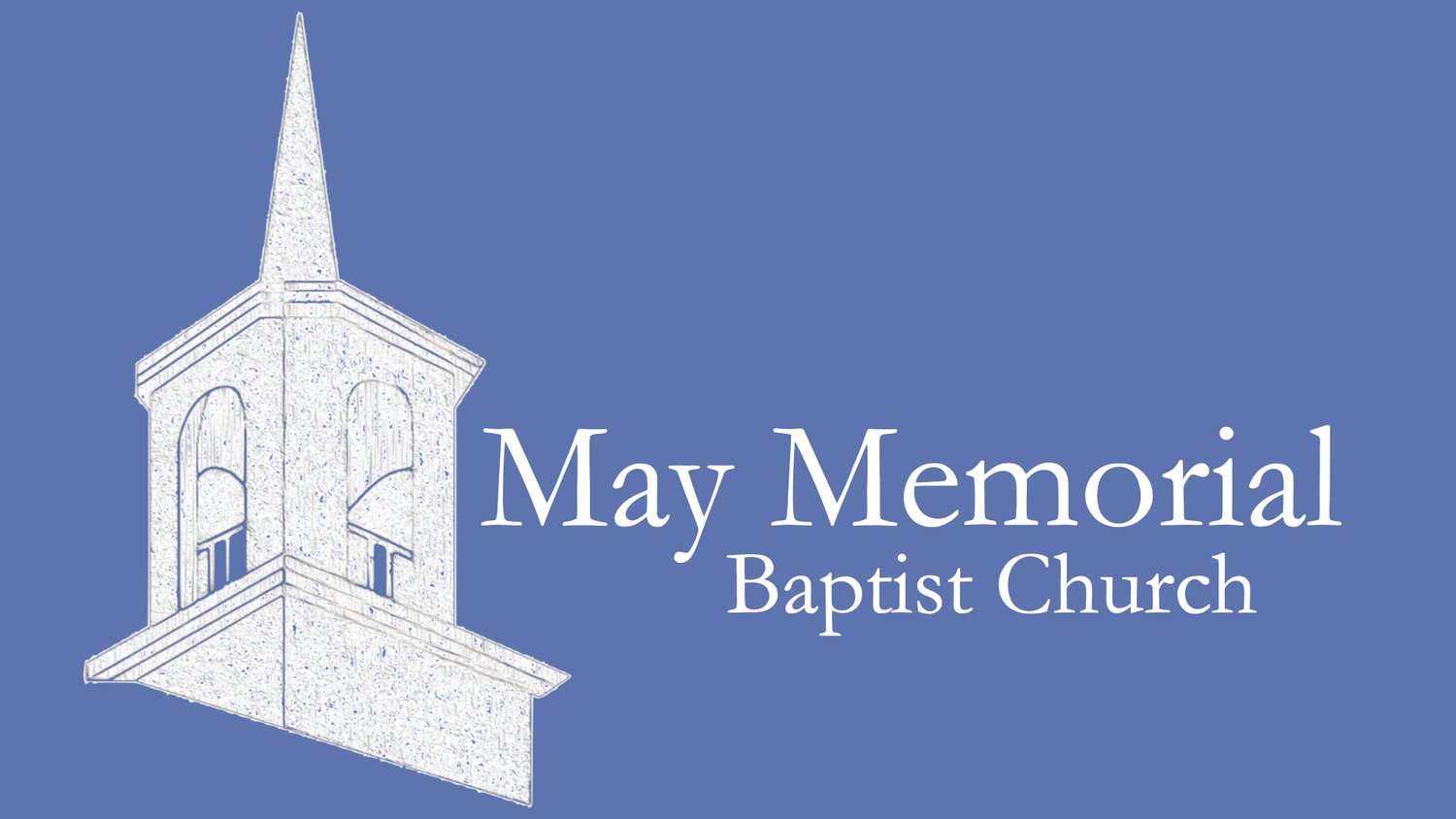John Bell is a Scottish Presbyterian, a hymn writer and preacher. He is a member of the Iona Community, an ecumenical Christian Community that attracts pilgrims from around the world. John Bell was the preacher one summer when my family and I were at Montreat, and when he entered worship and stood to preach he always did so barefoot. When asked why, he told us that he knew that he was standing on holy ground.
John Bell wrote a hymn text and tune a few years ago titled “Heaven Shall Not Wait.” Each stanza begins with that phrase, “heaven shall not wait,” and then it goes on to describe the things that our hearts yearn for, that we normally imagine happening when God comes at the consummation of the age and sets everything “to rights.”
We love to think of a coming day when wrongs will be made right and all things set straight, but in his hymn, John Bell proclaims that “heaven shall not wait,” for Jesus is Lord now and has already ushered in His Kingdom. This reflects an “already/not yet” reality that is foundational to our faith.
A question was raised in Sunday School yesterday regarding Mary’s Magnificat in Luke 1. One person observed Zechariah’s song seem to reflect a future tense, but Mary speaks as if God’s works of justice and peace are present realities. She sings that “God has scattered the proud” and “brought down the powerful” and “filled the hungry with good things.” For the Prophet Mary, she reveals a present reality to God’s work of redemption. To her, “heaven shall not wait.”
This Sunday we will hear the story of Mary, the Annunciation, the Magnificat. It is a beautiful and moving story. But do not misunderstand, Mary is a Prophet who is proclaiming both how things will be at the end of the age, but also how things are now in God’s world. For Mary, “heaven shall not wait.”
